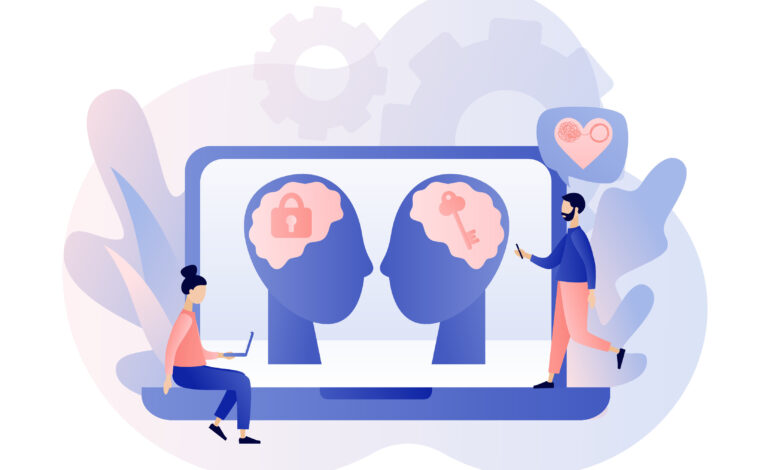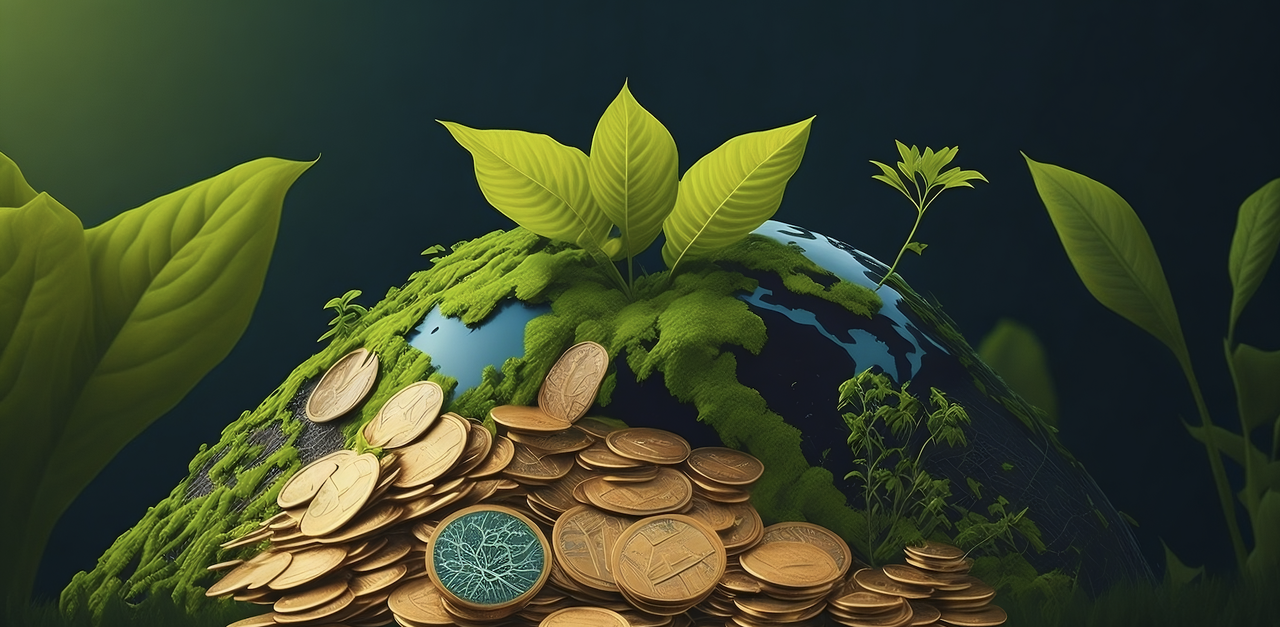
In the hustle and bustle of our fast-paced lives, it’s easy to lose sight of who we truly are. We often get caught up in the external demands and expectations, forgetting to pause and reflect on our inner selves. However, self-discovery is a vital journey that can lead to a deeper understanding of our true essence and purpose in life. In this blog, we will delve into the layers of self-discovery, exploring the steps and insights that can help unearth your authentic self.
We begin with your mind—the root of who you are. Our minds are constantly working to make sense of our surroundings by creating patterns and associations. These associations form our beliefs about ourselves and the world around us, which then shape how we act in response to certain situations. But what happens when these patterns become outdated? How do we change them? And how do they relate back to our identity? Alright so first thing first..
The Surface Layers: Who We Think We Are

The journey of self-discovery often begins with an exploration of our surface identities. These are the roles we play in our day-to-day lives – parent, friend, employee, student, etc. While these roles are an integral part of our existence, they are not the entirety of who we are. They represent our external persona, shaped by societal norms and expectations.
Our surface identities can be a powerful force in helping us to create meaningful connections with others and to understand how we fit into the world around us. But they can also be limiting and one-dimensional if they become the only lens through which we see ourselves and others. As we dig deeper into ourselves, it’s important to remember that these roles are not fixed; they can change over time as circumstances change or as we grow and evolve as individuals.
Reflecting on Roles and Identities: It is crucial for you to take some time to introspect and list down the roles you play in your life. Consider how these roles influence your behavior, thoughts, and aspirations.
There are many ways to do this: one way is by asking yourself “What role do I play in my family?” or “What role do I play at work?”. Another way is by looking at what activities or tasks you do regularly and see if they fit into any category that identifies a role in your life. Once you have identified your roles then it is time to reflect on them more deeply. How does each role make me feel about myself? Are there any positive aspects? Are there any negative aspects? What would happen if I didn’t have this role anymore? Do any particular roles conflict with each other such as being an ambitious leader but also being a good friend?
Unmasking Societal Influences: Recognize the societal norms and expectations that have shaped your self-perception. Understand that these are external constructs and not necessarily a reflection of your true self.
While it may be difficult to break free from these societal expectations, it is possible with the right tools. By recognizing the influence of society on our behaviors, we can begin to construct an identity that is truly authentic.
Peeling Back the Emotional Layers
We live in a world where we’re constantly being told to “be ourselves.” We’re told that what’s on the surface is what matters most—but what if it’s not?
We all have different identities that make up who we are. We may be a student, a parent, a manager, an athlete, or all of these things at once. But beneath the surface identities lie our emotions, feelings, and experiences that are often influenced by past traumas, successes, and relationships. Understanding and acknowledging these emotions is crucial for self-discovery.
Embracing Vulnerability: When you choose to be vulnerable, you are opening yourself up to the possibility of rejection and disappointment. But this also means that if you choose to be vulnerable, you will have the chance to connect with people who truly value who you are and what makes you unique.
Being vulnerable means acknowledging both positive and negative emotions. They are a part of who you are, and they hold valuable insights about your desires and fears. Being vulnerable also means being willing to take risks—and sometimes those risks pay off!
Exploring Past Experiences: I think it’s important to remember the past, but also to move forward. It’s easy to get stuck in a rut, thinking about how things were and how they should be. But it’s important to look at your life now, and think about what you want it to be like in the future.
I think that when we look back on our lives, we see how much has changed since then. We also see how much hasn’t changed at all. There are so many things that have happened that have made me who I am today—some of them good, some of them bad—but all of them have shaped who I am as a person today.
Discovering Core Values and Beliefs
At the heart of every individual are their core values and beliefs. These are the guiding principles that dictate our choices, actions, and the way we perceive the world. Core values are what we believe in. They can be about almost anything: family, friends, relationships, work or even the environment. They’re a part of us that is hard to change and can shape how we live our lives.

Beliefs are similar to core values but instead of being about something you believe in; they’re about something you believe to be true. Beliefs can also be internalized from outside sources like friends or family members who have influenced us over time through their words or actions.
Questioning Beliefs: Questioning beliefs is a way to challenge the constructs of society and our own internal conditioning. It’s a way to push past what we were told was true, and find out what actually feels right.
Think of it like this: If you were born into a family that believed that redheads were evil, you might grow up hating yourself for your hair color. But if you challenge the idea that redheads are evil, then you can start to love yourself for who you are without any shame! The same thing applies when we question societal conditioning about race, gender roles, class status—you name it!
Embracing Authenticity
As you progress through the layers of self-discovery, you will find yourself inching closer to your authentic self. Embracing this authenticity is liberating and empowering.
It can be scary, because we are all used to being judged by our peers and society in general. We have been taught that certain traits are desirable, while others are not. But when you embrace your authentic self—your true identity—you will no longer care about what anyone thinks of you and you will be free to be yourself.
Honoring Your Unique Journey: You may have heard the saying “you don’t know what you don’t know,” and it’s true—we often cannot fathom what we are capable of until we put ourselves in a position to try it out. Your path is unique to you, and therefore your journey will be different from any other person’s.
In order to avoid comparison with others, consider your similarities with them instead of their differences. Everyone is on a journey; everyone has goals that they want to achieve. When we compare ourselves with others, it can often give us a false sense of where we stand in relation to them—and this can lead us down a path of frustration if we’re not careful about how we think about our progress!
Unveiling the layers of self-discovery is a profound and ongoing journey. It requires introspection, courage, and a willingness to embrace change. As you unearth your true self, you’ll find a deeper sense of purpose, contentment, and a more authentic connection with the world around you. Remember, it’s never too late to embark on this transformative journey towards self-discovery. Start today, and watch as your true self blooms and flourishes.
RUCHI RATHOR Founder & CEO
Payomatix Technologies Pvt. Ltd.
FOUNDER AND INVESTOR | PAYMENTS PROCESSING EXPERT | MERCHANT ACCOUNT SOLUTIONS | WHITE LABELLED PAYMENT GATEWAY | Dreamer, Creator, Achiever, Constantly Evolving
Website Ruchi Rathor: https://ruchirathor.com
Website Healing Heart https://thehealingheart.me/
Instagram https://www.instagram.com/ruchirathor/
LinkedIn https://www.linkedin.com/in/ruchirathor12/
Facebook https://www.facebook.com/ruchi.rathor.magnificient
Tumblr https://www.tumblr.com/blog/ruchirathor-thehealingheart
Medium https://medium.com/@ruchirathor_23436









